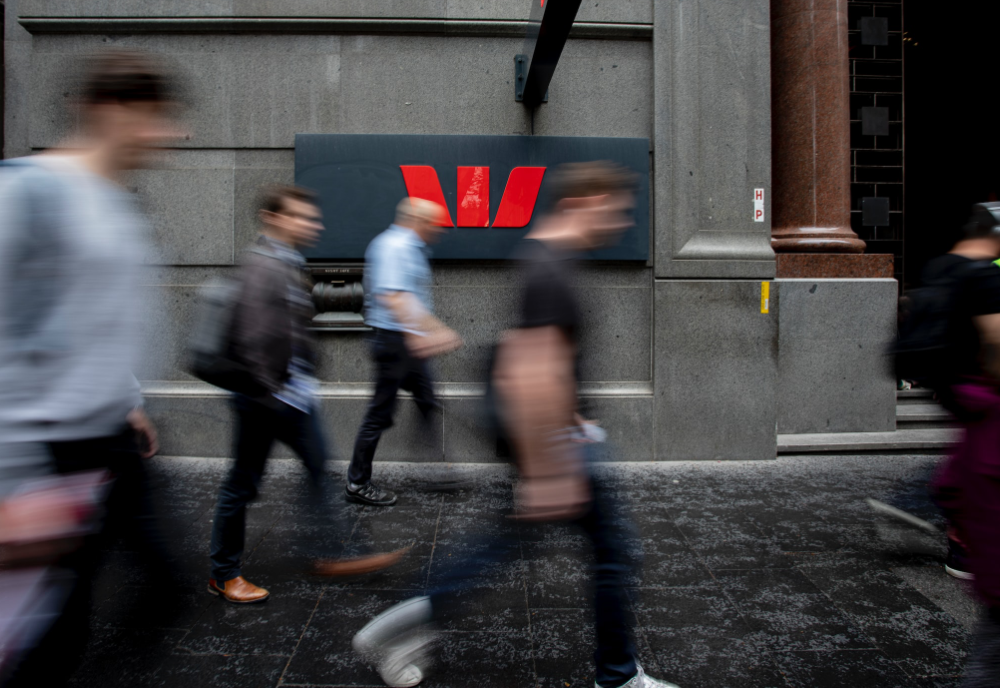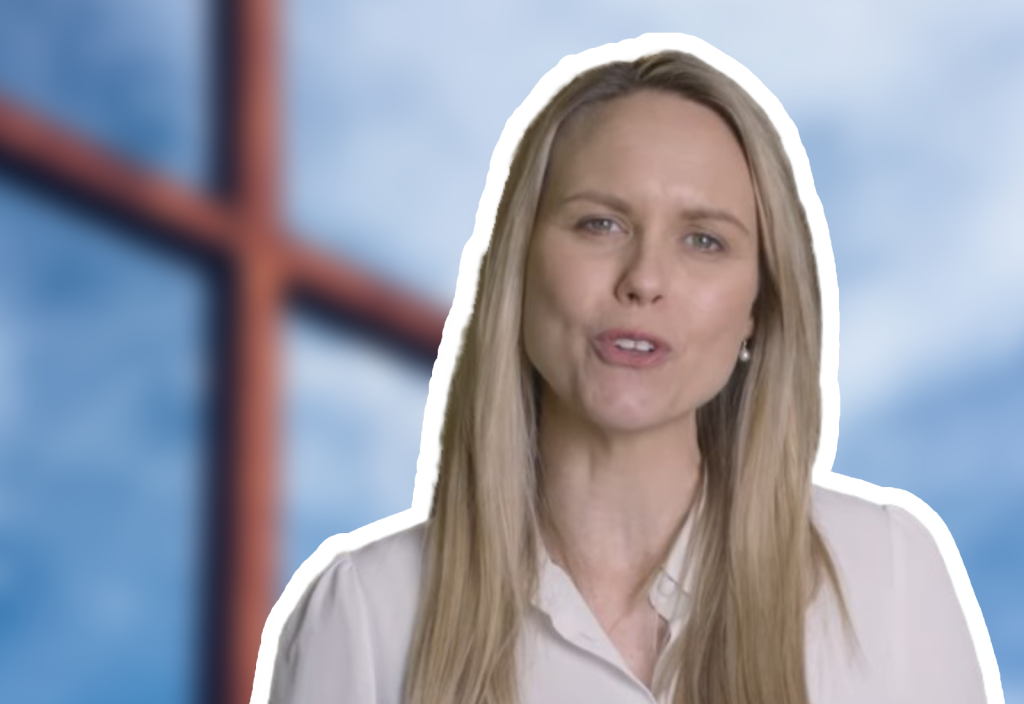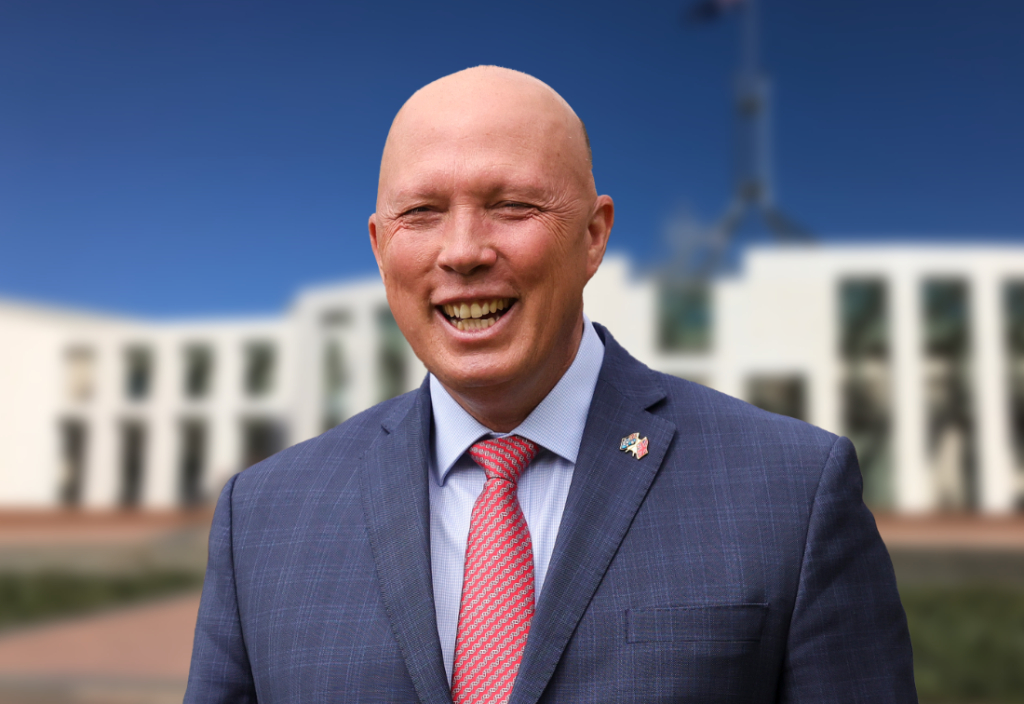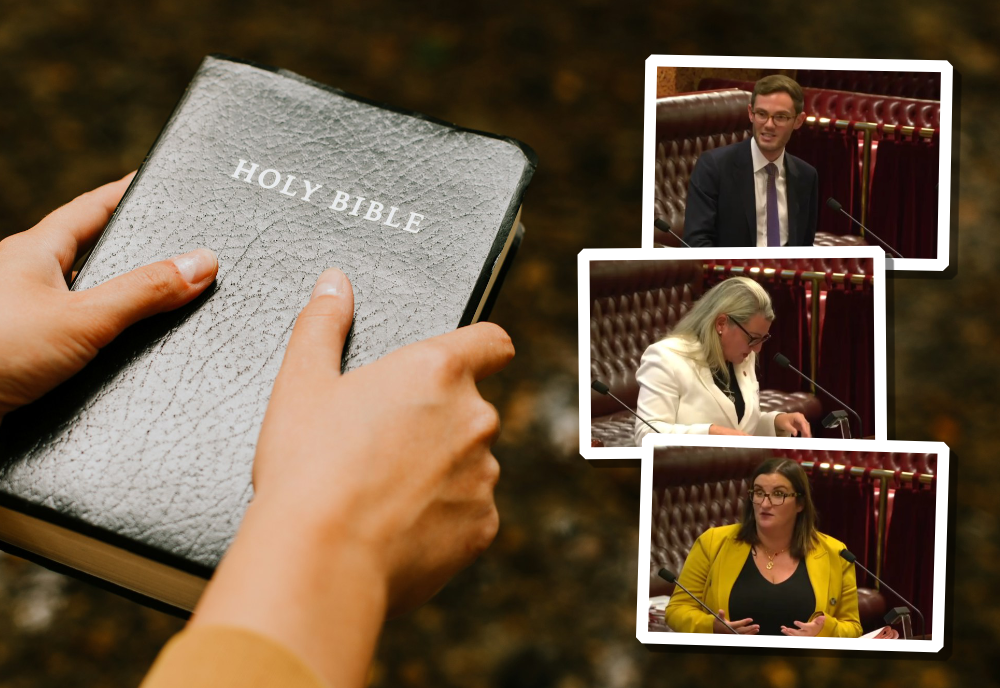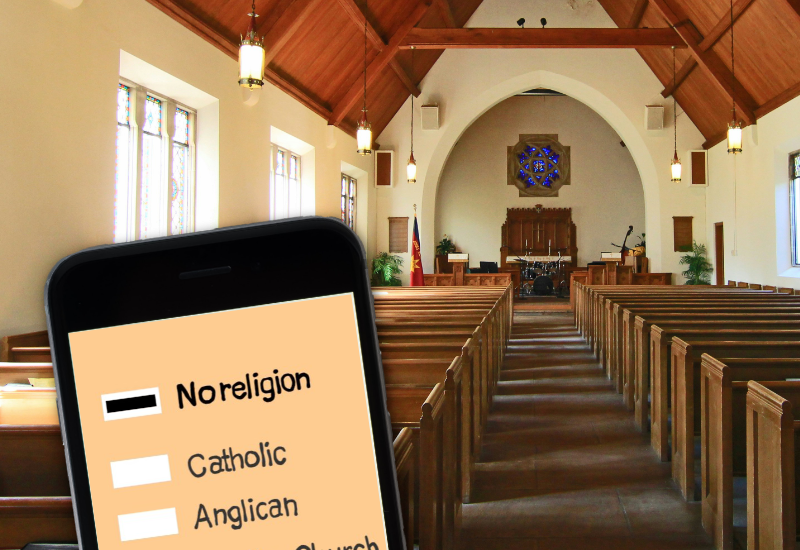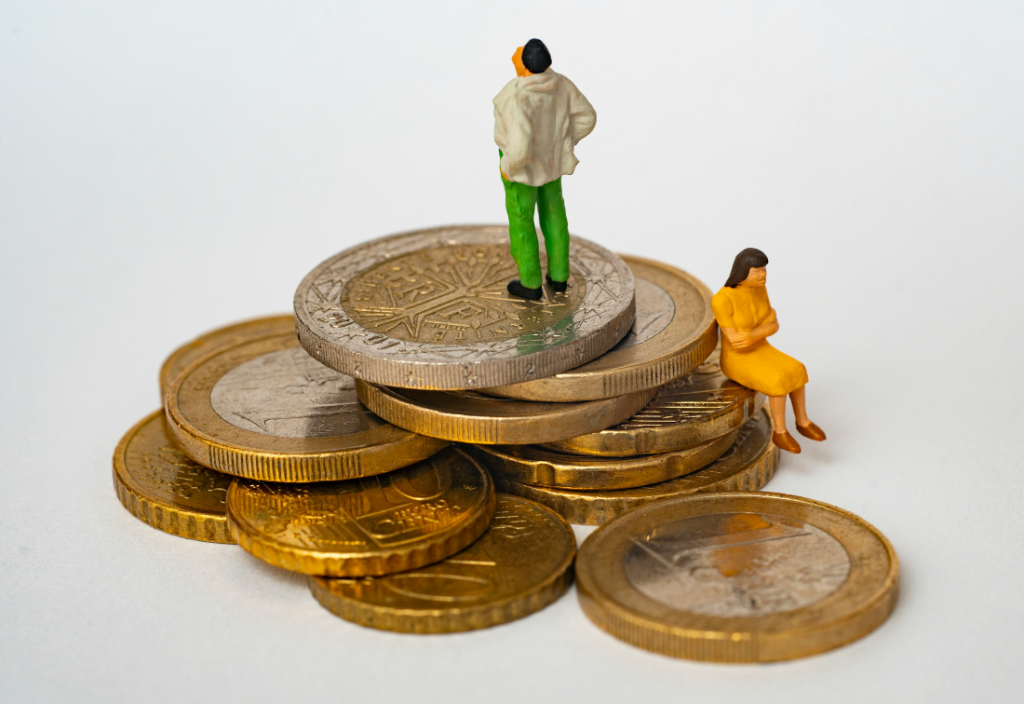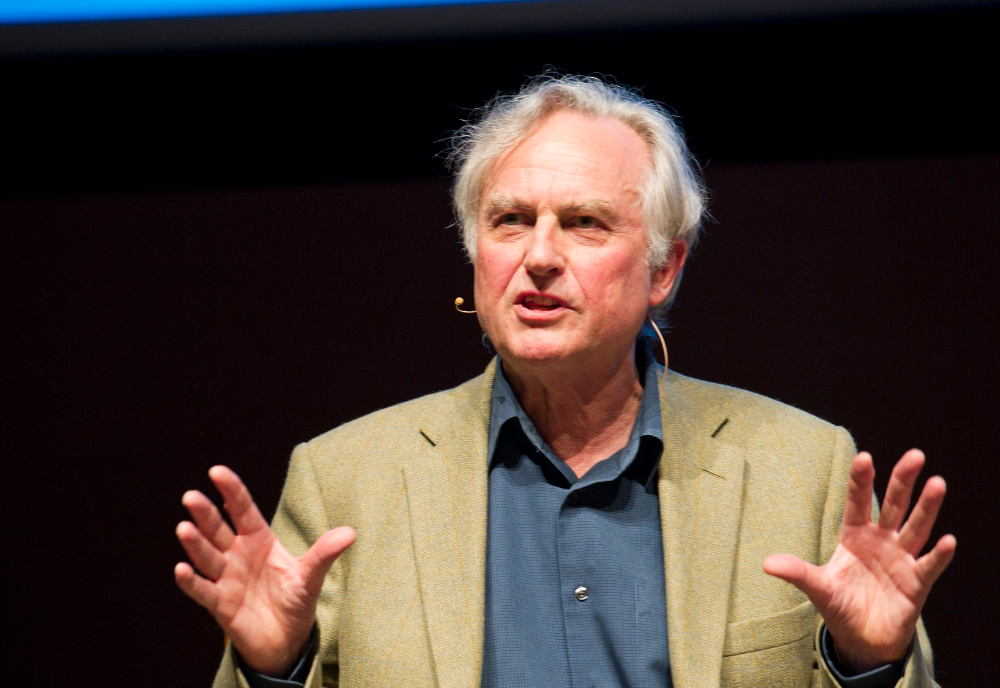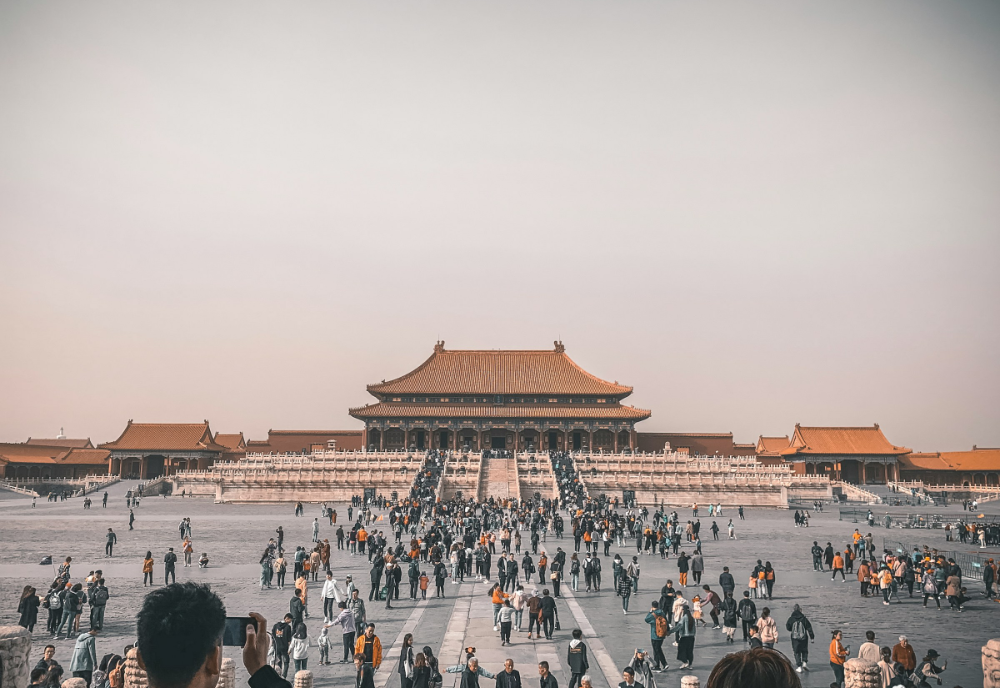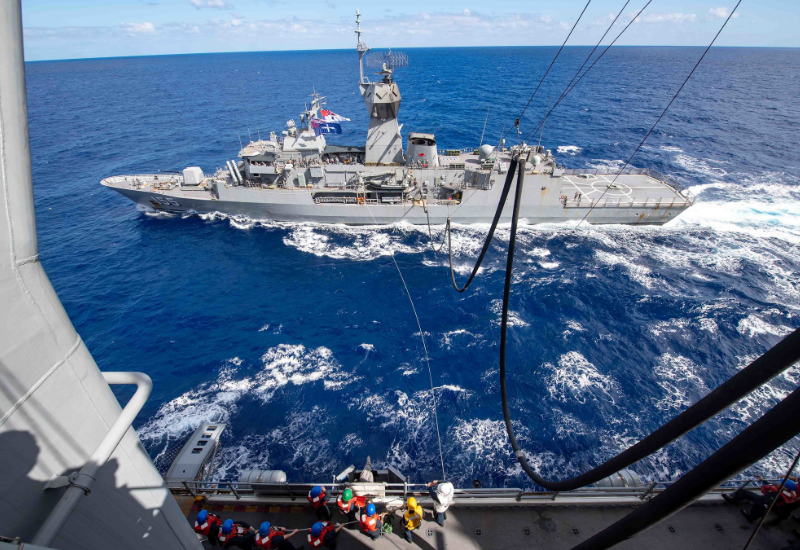Since the global financial crisis of 2008, Western financial markets have experienced steadily falling interest rates. Three years ago, they were close to zero.
In 2020 the US benchmark interest rate, the 10-year treasury fell to 0.5 per cent, which meant that, after factoring in inflation, it was effectively nothing. The pattern was similar in Australia; the 10-year government bond yield fell to 0.8 per cent.
Negligible interest rates might seem like a good way of managing short-term crises in the economy – and there was a great deal of concern in 2020 about the effect of the pandemic lockdowns – but any short-term gains come with a cost.
The centrepiece of capitalist systems, to state the obvious, is the cost of capital – mainly, the interest rate on debt. There is also an implied cost of capital on equity, but this is more notional, whereas interest payments are far from notional.
Take away the cost of capital and the central organising principle of the system goes away, leading to extreme distortions.
These have been mainly evident in the ballooning of debt – which was cheap because of the low interest rates – in most Western economies and China.
The picture is grim. According to the International Monetary Fund, in 2022 total world debt was 237 per cent of global GDP, or economy. In 2021, total US private and public debt was US$88 trillion, or 377 per cent of GDP.
China’s debt is of similar proportions, and the country is printing money to keep its banking system and ail...
Blog
Related Posts
10
Jun
‘Heritage’ is no argument against change on parliamentary prayers
Editor’s note: If you would like to submit a letter for possible publication, please email it to editor@rationalist.com.au. See our ...
12
May
Will the Coalition ever learn to stop imposing religion on the public?
Editor’s note: If you would like to submit a letter for possible publication, please email it to editor@rationalist.com.au. See our ...
31
Mar
Support for scripture program highlights bias of politicians
Editor’s note: If you would like to submit a letter for possible publication, please email it to editor@rationalist.com.au. See our ...
28
Feb
Census decision undermines credibility of ABS
Editor’s note: If you would like to submit a letter for possible publication, please email it to editor@rationalist.com.au. See our ...
25
Jan
Finding a way out of our debt spiral
The biggest financial challenge facing the world is how to deal with unsustainable debt. Global debt is pretty much out of control; it ...
05
Jan
The trouble with ‘Islamophobia’
Editor’s note: If you would like to submit a letter for possible publication, please email it to editor@rationalist.com.au. See our ...
06
Dec
The Jacaranda bloom-bust parallels life
Editor’s note: If you would like to submit a letter for possible publication, please email it to editor@rationalist.com.au. See our ...
10
Nov
Recognising the right to have no religious belief
Editor’s note: If you would like to submit a letter for possible publication, please email it to editor@rationalist.com.au. See our ...
03
Oct
Agnosticism the ‘only rational choice’
Editor’s note: If you would like to submit a letter for possible publication, please email it to editor@rationalist.com.au. See our ...
07
Sep
Charity for the rich
Editor’s note: If you would like to submit a letter for possible publication, please email it to editor@rationalist.com.au. See our ...
24
Aug
The transformation of the world economy
In geoeconomic and financial terms, the Earth has begun shifting on its axis. Triggered by the West’s proxy war with Russia in Ukraine,...
07
Aug
When all meaning is thrown overboard
Editor’s note: If you would like to submit a letter for possible publication, please email it to editor@rationalist.com.au. See our ...

